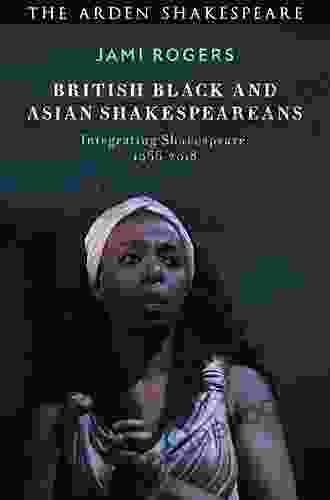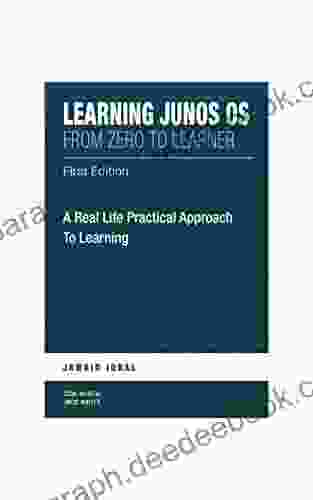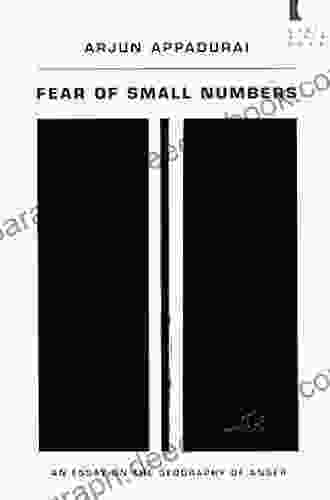Breaking the Barriers: British Black and Asian Shakespeareans and their Integration into the Shakespearean World from 1966 to 2024

The world of Shakespearean performance has been predominantly white for centuries. However, in recent decades, there has been a growing movement to integrate Black and Asian actors into the Shakespearean canon. This movement has been driven by a number of factors, including the increasing diversity of the British population, the rise of multiculturalism, and the growing awareness of the need for greater representation in the arts.
In this article, we will explore the history of British Black and Asian Shakespeareans, from their first появленияs on the stage in the 1960s to their current status as fully integrated members of the Shakespearean community. We will also discuss the challenges that these actors have faced and the impact that they have had on the way that Shakespeare is performed and understood.
4.9 out of 5
| Language | : | English |
| File size | : | 4403 KB |
| Text-to-Speech | : | Enabled |
| Enhanced typesetting | : | Enabled |
| Word Wise | : | Enabled |
| Print length | : | 376 pages |
| Screen Reader | : | Supported |
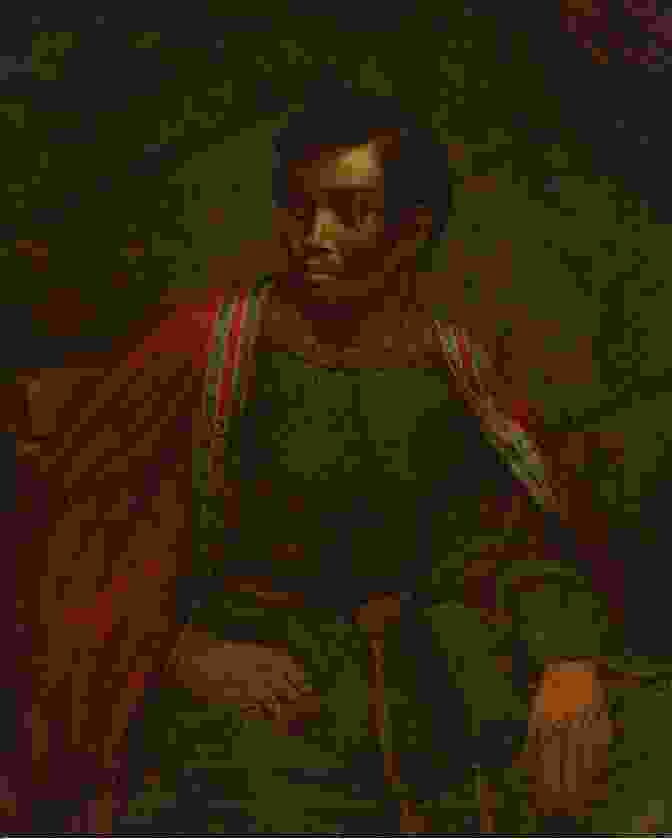
The Early Years
The first recorded performance of a Shakespeare play by a Black actor was in 1768, when a man named Ignatius Sancho played the role of Othello. However, it was not until the 20th century that Black and Asian actors began to be regularly cast in Shakespearean roles.
One of the pioneers of this movement was Ira Aldridge, an American-born actor who toured Europe and the United States in the mid-19th century. Aldridge was a highly acclaimed actor, and he was one of the first Black actors to play the role of Othello on a major stage. He was also a strong advocate for the integration of Black actors into the Shakespearean world.
In the early 20th century, a number of Black and Asian actors began to appear on the British stage. However, they were often typecast in stereotypical roles, such as servants or slaves. It was not until the 1960s that Black and Asian actors began to be cast in more challenging and complex roles.
The 1960s and 1970s
The 1960s and 1970s saw a major increase in the number of Black and Asian actors appearing in Shakespearean productions. This was due in part to the growing civil rights movement, which raised awareness of the need for greater racial equality. It was also due to the rise of multiculturalism, which celebrated the diversity of British society.
One of the most important figures in this movement was Joan Littlewood. Littlewood was a pioneering theatre director who was known for her commitment to social justice. In 1965, she founded the Theatre Royal Stratford East, which became a hub for Black and Asian theatre. Under Littlewood's leadership, the Theatre Royal Stratford East produced a number of groundbreaking Shakespearean productions, including a 1968 production of "Othello" that starred a Black actor in the title role.
Other important figures in the movement to integrate Black and Asian actors into the Shakespearean world included Cicely Berry, Yvonne Brewster, and Jatinder Verma. These actors helped to break down barriers and paved the way for future generations of Black and Asian Shakespeareans.
The 1980s and 1990s
In the 1980s and 1990s, the integration of Black and Asian actors into the Shakespearean world continued to progress. A number of Black and Asian actors began to land leading roles in major Shakespearean productions. For example, in 1989, Hugh Quarshie played the role of Romeo in a production of "Romeo and Juliet" at the Royal Shakespeare Company. And in 1994, Meera Syal played the role of Beatrice in a production of "Much Ado About Nothing" at the National Theatre.
The 1980s and 1990s also saw the emergence of a number of Black and Asian Shakespeare companies. These companies provided a space for Black and Asian actors to develop their craft and to perform Shakespeare in a way that was relevant to their own experiences.
The 21st Century
In the 21st century, Black and Asian Shakespeareans have become fully integrated members of the Shakespearean community. They are now regularly cast in leading roles in major Shakespearean productions. And they are also playing a vital role in shaping the way that Shakespeare is performed and understood.
One of the most important figures in the 21st century movement to integrate Black and Asian Shakespeareans is Kwame Kwei-Armah. Kwei-Armah is a playwright, director, and actor who has been a vocal advocate for greater diversity in the arts. In 2018, he was appointed Artistic Director of the Young Vic theatre in London. Under Kwei-Armah's leadership, the Young Vic has produced a number of groundbreaking Shakespearean productions, including a 2019 production of "Hamlet" that starred a Black actor in the title role.
Other important figures in the 21st century movement to integrate Black and Asian Shakespeareans include Lenny Henry, Adrian Lester, and Paapa Essiedu. These actors have all made significant contributions to the Shakespearean world, and they are helping to ensure that the future of Shakespeare is inclusive and diverse.
Challenges
Despite the progress that has been made, Black and Asian Shakespeareans continue to face a number of challenges. One of the biggest challenges is the lack of diversity in the theatre industry. According to a 2019 report by the Royal Central School of Speech and Drama, only 13% of actors working in British theatre are from Black, Asian, or minority ethnic backgrounds.
Another challenge is the persistence of stereotypes. Black and Asian actors are often typecast in stereotypical roles, such as servants or slaves. This can limit their opportunities to play more challenging and complex roles.
Finally, Black and Asian Shakespeareans often face discrimination. They may be passed over for roles because of their race or ethnicity. Or they may be subjected to racist abuse from audience members or fellow actors.
The integration of Black and Asian Shakespeareans into the Shakespearean world has been a long and challenging process. However, it is a process that has made the Shakespearean world more inclusive and diverse. Black and Asian Shakespeareans have made significant contributions to the Shakespearean canon, and they are now playing a vital role in shaping the way that Shakespeare is performed and understood.
As we look to the future, it is important to continue to support the integration of Black and Asian Shakespeareans into the Shakespearean world. We need to ensure that there is greater diversity in the theatre industry. We need to challenge stereotypes and promote the casting of Black and Asian actors in challenging and complex roles. And we need to stand up against discrimination and racism.
By working together, we can create a more inclusive and diverse Shakespearean world that is reflective of the society in which we live.
4.9 out of 5
| Language | : | English |
| File size | : | 4403 KB |
| Text-to-Speech | : | Enabled |
| Enhanced typesetting | : | Enabled |
| Word Wise | : | Enabled |
| Print length | : | 376 pages |
| Screen Reader | : | Supported |
Do you want to contribute by writing guest posts on this blog?
Please contact us and send us a resume of previous articles that you have written.
 Book
Book Story
Story Reader
Reader Library
Library Paperback
Paperback E-book
E-book Magazine
Magazine Paragraph
Paragraph Bookmark
Bookmark Shelf
Shelf Bibliography
Bibliography Foreword
Foreword Preface
Preface Manuscript
Manuscript Scroll
Scroll Tome
Tome Bestseller
Bestseller Classics
Classics Narrative
Narrative Autobiography
Autobiography Reference
Reference Encyclopedia
Encyclopedia Resolution
Resolution Card Catalog
Card Catalog Borrowing
Borrowing Archives
Archives Periodicals
Periodicals Study
Study Research
Research Scholarly
Scholarly Lending
Lending Academic
Academic Journals
Journals Reading Room
Reading Room Special Collections
Special Collections Literacy
Literacy Thesis
Thesis Storytelling
Storytelling Awards
Awards Book Club
Book Club Charles Frazier
Charles Frazier Ralph Burton
Ralph Burton David Meerman Scott
David Meerman Scott Kahlil Gibran
Kahlil Gibran Charles Dudley Warner
Charles Dudley Warner Florence M Jumonville
Florence M Jumonville Nathan Myhrvold
Nathan Myhrvold Dylan Rodriguez
Dylan Rodriguez Joan Jefferson Freeman
Joan Jefferson Freeman D V Aleman
D V Aleman Grey King
Grey King Hal Marcovitz
Hal Marcovitz Brandon Royal
Brandon Royal John Gibler
John Gibler Jennifer Heynen
Jennifer Heynen Jen Malone
Jen Malone J V Kade
J V Kade J S P Jones
J S P Jones Jeffrey D Simon
Jeffrey D Simon Allan Ford
Allan Ford
Light bulbAdvertise smarter! Our strategic ad space ensures maximum exposure. Reserve your spot today!
 Joseph FosterFollow ·18.3k
Joseph FosterFollow ·18.3k Kirk HayesFollow ·18.6k
Kirk HayesFollow ·18.6k Jamie BlairFollow ·13.1k
Jamie BlairFollow ·13.1k Harvey BellFollow ·12.5k
Harvey BellFollow ·12.5k Mitch FosterFollow ·4.8k
Mitch FosterFollow ·4.8k Graham BlairFollow ·4.2k
Graham BlairFollow ·4.2k Marcel ProustFollow ·17.3k
Marcel ProustFollow ·17.3k Jeff FosterFollow ·8.6k
Jeff FosterFollow ·8.6k
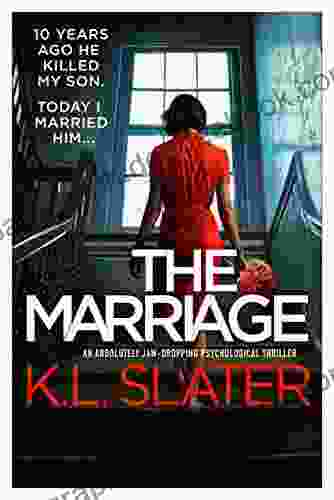
 Ricky Bell
Ricky BellThe Marriage: An Absolutely Jaw-Dropping Psychological...
In the realm of...

 Ray Blair
Ray BlairDiscover the Enchanting Charm of Budapest and Its...
Nestled in the heart of...
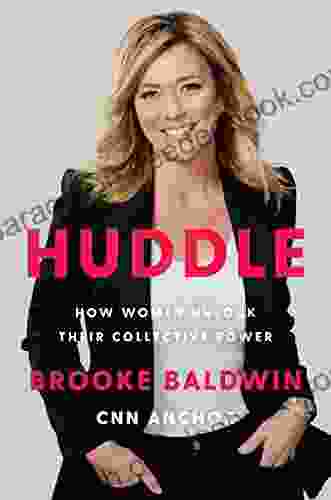
 Tyrone Powell
Tyrone PowellHuddle: How Women Unlock Their Collective Power
Huddle is a global movement that empowers...

 Grayson Bell
Grayson BellThe Coin Story of the Holocaust: A Symbol of Hope and...
In the depths of the...
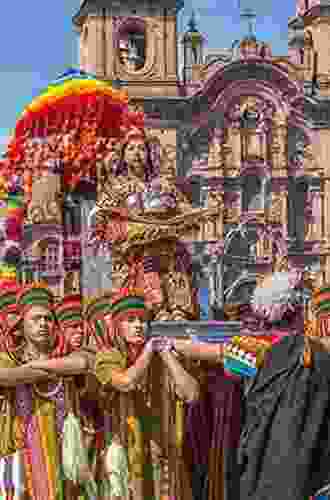
 Virginia Woolf
Virginia WoolfFolklore Performance and Identity in Cuzco, Peru: A...
Nestled amidst...

 Dylan Mitchell
Dylan MitchellThe Enduring Love Story of Héloïse and Abélard: A Tale of...
An Intellectual Passion In the heart of...
4.9 out of 5
| Language | : | English |
| File size | : | 4403 KB |
| Text-to-Speech | : | Enabled |
| Enhanced typesetting | : | Enabled |
| Word Wise | : | Enabled |
| Print length | : | 376 pages |
| Screen Reader | : | Supported |


